|
|
|||||
This week, we uncover a shocking new low: developing countries are paying more for debt than they receive in new money. Thankfully, we know how to fix the problem and, as finance ministers meet in Washington DC, we’re calling on them to act. Read on to find out what can be done and get up-to-speed in 6 minutes. |
|||||
|
|
|||||
Top newsBREAKING: Who’s funding who: New shocking analysis from ONE released today shows that developing countries are now net contributors to the global economy. They are spending more to pay their debts than they receive in foreign aid and new loans. This ratio of “net flows” is at its lowest point since the Global Financial Crisis. In 2022, 26 countries had negative net flows. Unless we see major money moves, that number will rise to 44 countries in 2025, paying US$102 billion in negative net flows. Click here to dig into the numbers behind this shocking finding.  Catch-22: Developing countries are caught between ballooning debt costs and declining aid and investment. The pandemic, war in Ukraine, and rising interest rates have made debt more costly. Meanwhile, China’s lending to Africa has fallen by 70% in recent years and the EU, France, Germany, and US have announced 2024 aid cuts totalling nearly US$9 billion. And private lending to developing countries has dropped by half. These hard realities are putting many countries in a bind: do they provide for their people or pay their debts?  Naija dilemma: Take Nigeria, which plans to spend five times more on debt than on health and three times more than it spends on education. Nigeria spends <1% of its GDP on health, which is amongst the lowest rates in the world, and one in three children are out-of-school. How bad is its debt problem? Consider this: the country extracts 1.5 million barrels of petroleum a day as Africa's largest producer. Yet in 2024, all of those revenues (and more) will go to pay debt. That’s hardly a recipe for success. 
Solution-oriented: So what can be done to help vulnerable countries address this crisis? We’re glad we asked.
Congratulations and...: Last week the IMF’s Executive Board approved a second 5-year term for Kristalina Georgieva as Managing Director. Putting aside the somewhat archaic recruitment process in which European governments choose the leader of this globally important institution, we welcome the decision. Kristalina did a good job of responding to the massive demands of COVID-19. To help her prioritise, ONE and 76 former presidents, prime ministers, and leaders from academia, think tanks and civil society published a 10-Point Plan for how the IMF can respond to these extraordinary times. Look out for it in today’s Financial Times and click here to share the letter. From the ONE Team
The numbers
 |
|||||
|
|
|||||
Quote of the week
|
|||||
|
|
|||||
What you should read, watch, and listen to:
|
|||||
|
|
|||||
A look ahead18 April: 2nd Finance Ministers and Central Bank Governors Meeting, Washington DC, US 19-21 April: 2024 World Bank / IMF Spring Meetings, Washington DC, US 22 April: Earth Day 21-22 April: First IDA Replenishment Meeting, Washington DC, US 22-25 April: United Nations Forum on Financing for Development, New York City, US 25 April: World Malaria Day |
|||||
|
|
|||||
The ONE Campaign’s data.one.org provides cutting edge data and analysis on the economic, political, and social changes impacting Africa. Check it out HERE. *Correction (our first in 118 weeks): Last week, we incorrectly stated that the UK had spent over 50% of its foreign aid budget inside the UK, a number we said was £9.9 billion (US$11.9 billion). That’s true for bilateral aid. But for total aid (including funding for multilateral institutions), which totalled £15.4 billion (US$19.1 billion), it’s 32.4% or US$6.2 billion. We got that one wrong. But we remain just as concerned that the UK is spending so much of its foreign aid at home. |
|||||
|
|
|||||
|
|
|||||
Did you like today's email?Loved it Mehhh Hated it |
|||||
|
|
|||||
Did you like today's email?Loved it Mehhh Hated it |
|||||
|
|
|||||
Wie hat dir dieser Newsletter gefallen?Richtig gut! Ging so… Überhaupt nicht. |
|||||
|
|
|||||
|
|||||
|
|||||
|
|||||
|
This email was sent by ONE.ORG to test@example.com. You can unsubscribe at any time. ONE Campaign |
